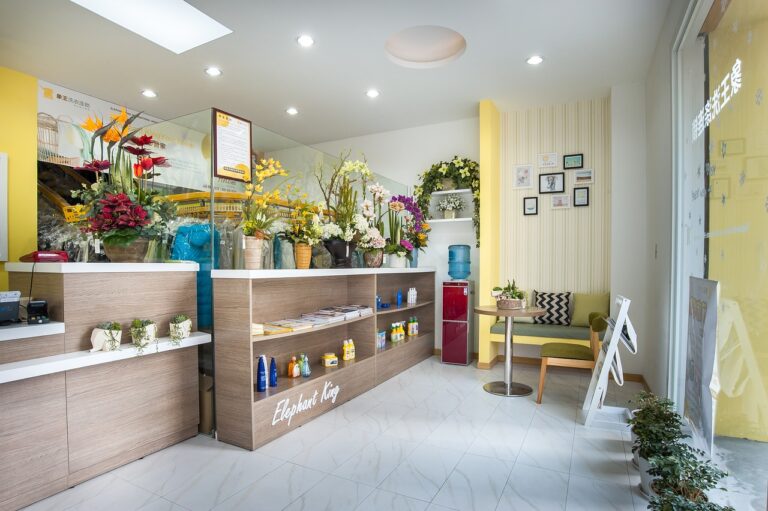The Role of Fashion Week Event Coordinators in Logistics Management
Detailed planning is the cornerstone of successful event execution. Without a comprehensive roadmap outlining key tasks and timelines, even the most well-intentioned event can quickly unravel. Each aspect of the event must be meticulously accounted for, from guest invitations to seating arrangements, catering to technology requirements.
Furthermore, detailed planning ensures that all stakeholders are aligned and aware of their responsibilities. By clearly defining roles and expectations in advance, potential confusion and miscommunication can be minimized. Effective planning sets the stage for a seamless event experience for both organizers and attendees alike.
Understanding Venue Requirements
When planning an event, one crucial aspect that cannot be overlooked is understanding the unique requirements of the chosen venue. Each venue comes with its own set of specifications and limitations that can greatly impact the success of the event. Whether it’s the seating capacity, technical capabilities, or logistical arrangements, being well-versed in the venue’s details is essential for seamless execution.
Moreover, understanding the venue requirements allows event organizers to make informed decisions that align with the desired atmosphere and objectives of the event. By taking the time to familiarize oneself with the venue’s layout and features, organizers can effectively plan the flow of activities, allocate resources efficiently, and address any potential challenges proactively. Ultimately, thorough knowledge of the venue requirements lays the foundation for a well-coordinated and successful event.
Why is detailed planning important when considering venue requirements?
Detailed planning is important to ensure that the venue can accommodate all of your event needs and requirements. It helps to avoid any last-minute surprises and ensures that the event runs smoothly.
What are some common venue requirements to consider?
Some common venue requirements to consider include capacity, layout, accessibility, parking, catering options, audiovisual equipment, and any specific permits or licenses that may be needed.
How can I ensure that the venue meets my requirements?
To ensure that the venue meets your requirements, it is important to visit the venue in person, ask detailed questions, and review any contracts or agreements carefully. You may also want to consider hiring a professional event planner to help with venue selection and negotiation.
What should I do if the venue does not meet my requirements?
If the venue does not meet your requirements, it is important to communicate your concerns with the venue staff or management. They may be able to provide alternative solutions or make accommodations to better meet your needs. If necessary, you may need to consider finding a different venue that can better accommodate your requirements.







